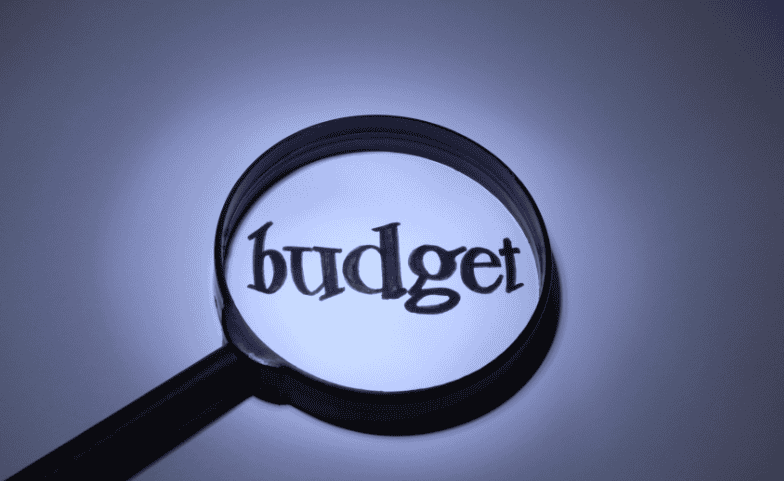Radio New Zealand: Fiji’s budget transparency score falls, PNG unchanged

RNZ , 8.49pm on 4 August 2020
By Christine Rovoi, RNZ Pacific Journalist
Fiji’s budget transparency score has fallen in an international survey.
The Open Budget Survey by the International Budget Partnership (IBP) gave Fiji a score of 39 out of 100 in 2019 compared to 41 /100 in 2017.
The IBP said a transparency score of 61 or above indicated a country was likely to be publishing enough material to support informed public debate on its budget.
New Zealand and South Africa topped the scoreboard with 87 points each, followed by Sweden on 86.
For 2019, Fiji was scored 22 out of 100 for public participation, and 20 /100 for budget oversight – an improvement of five points in each category from 2017.
The IBP said Fiji’s Parliament provided weak oversight during the planning stage of the budget cycle and during the implementation stage.
The survey also found that while Fiji had increased the availability of budget information by publishing an audit report online, the government had reduced information in a document supporting the executive’s budget proposal (Budget Supplement).
It said this previously showed details of projects by sector and was not available for the 2018/2019 budget.
Fiji recommendations
To improve budget transparency, the IBP recommended that Fiji publish the pre-Budget statement and all in-year reports online in a timely manner.
To improve oversight, the legislature should debate budget policy before the Executive’s Budget Proposal is tabled and approve recommendations for the upcoming budget.
Fiji’s score is compared with other countries. Photo: Supplied/IBP
It said the proposal should be submitted to legislators at least two months before the start of the budget year.
The IBP also recommended that legislative committees should examine the budget proposal and publish reports with their analysis online.
“A legislative committee should examine in-year budget implementation and publish reports with their findings online,” it said.
“In practice, ensure the legislature is consulted before the executive shifts funds specified in the enacted Budget between administrative units, spends any unanticipated revenue or reduces spending due to revenue shortfalls during the budget year.
“A legislative committee should examine the audit report and publish a report with their findings online,” the IBP study stated.
What is the IBP?
The International Budget Partnership is an independent non-profit corporation, formerly a project of the Center on Budget and Policy Priorities in the United States.
It is based in Washington DC and is governed by a board of trustees.
According to the IBP, it works with civil society, state actors, international organizations and the private sector to promote inclusive budgeting processes.
In determining each country’s budget transparency score, the NGO measures how much a government engages with the community when it formulates its national operating budget.
The survey is based on a questionnaire written in each country by an independent budget researcher from the Citizens Constitutional Forum (CCF).
The IBP said each country’s draft questionnaire was also reviewed by an anonymous independent expert, as well as a representative of the Ministry for Economy.
PNG maintains score
Papua New Guinea was the only other Pacific country surveyed by the IBP and maintained the same budget transparency score it was awarded in 2017, 50 out of 100.
PNG scored just seven out 100 for public participation, an improvement of one point on 2017, and 30 /100 for budget oversight, down one from 2017.
PNG scores above Fiji and China. Photo: Supplied/IBP
The survey found that PNG had increased the availability of budget information by publishing its pre-Budget statement online in a timely manner.
However, the IBP said PNG had decreased the availability of budget information by failing to publish the enacted Budget online.
It recommended that the PNG government prioritise publishing the budget online within three months of its enactment.
Note Fiji’s scores for 2019 are:
- 39 / 100 for budget transparency (whereas in 2017 Fiji scored 41 / 100)
- 22 /100 for public participation (Fiji scored 15 / 100 in 2017)
- -and 20 / 100 for budget oversight (Fiji also scored 15 / 100 in 2017)
While there was a decrease in budget transparency, the report states that there was an increase in both public participation and budget oversight.
